Project MUSE
Creating materials to engage students in art museums
Project MUSE (Museums Uniting with Schools in Education) was formed in 1994 and completed its work in 1996. Project MUSE was a collaboration of researchers, classroom teachers, museum educators, and school principals from this country and abroad. Over two years of work, these collaborators explored the potential of art museums to serve as integral elements of education.
Connections between art museum and school learning are most often based on subject or theme. For example, students visit an exhibit of Greek art as part of a history class's study of the Greeks or an English class's project on heroes. Project MUSE turned the focus from subject or theme to learner, and to connections that are based on the activity of learning itself. In this context, for example, students who visit the art museum develop and reflect upon skills of observation that can serve them as surely in their study of science as in their efforts in writing.
The first step in MUSE's exploration was a questionnaire eliciting views on: why people visit art museums, how people feel in art museums, and what people learn in art museums. Responses contributed to an understanding of the experience and expectation of these various educators, some of whom have no particular background in or association with the arts.
The next step was the dissemination of drafts of developing learning tools and educational approaches. These materials included: 1) a learning tool called The Generic Game which is a structured set of questions for making meaning out of works of art; 2) an educational approach called The Entry Point Approach which accommodates a range of intelligences or learning profiles; and 3) a synthesis of these two ideas called The MUSE QUESTs (Questions for Understanding, Exploring, Seeing, and Thinking) which foster reflection on art through various entry points. By reviewing and/or "trying out" these ideas in schools and museums, MUSE participants helped to refine and develop the draft educational approaches and learning tools.
MUSE's developing learning tools and educational approaches feature three foci:
1) Inquiry: posing open-ended questions without right or wrong answers; 2) Access: appealing to a wide range of learners; and 3) Reflection: providing opportunities for thinking about one's own thinking.
Researchers have consolidated the project's findings and resources into a pair of final working documents called The MUSE BOOK (Museums Uniting with Schools in Education; Building On Our Knowledge) and The MUSE Guide that reflect the input of the many educators who have generously shared their expertise.

-
-
-
-
-
-
Support PZ's Reach